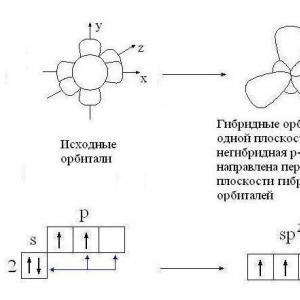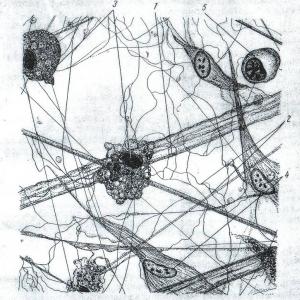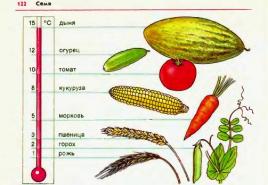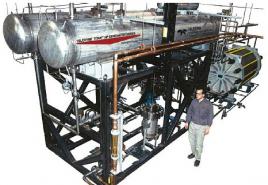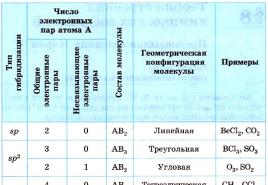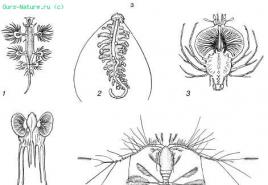12 body systems and their functions
The entire human body is conditionally divided into organ systems, united according to the principle of work performed, functions. These systems are called anatomical and functional, there are twelve of them in the human body.
Everything in nature is subject to a single law of expediency and the economical principle of necessity and sufficiency. This is especially evident in the case of animals. Under natural conditions, the animal eats and drinks only when it gets hungry and feels thirsty, and just enough to get enough.
Little children retain this natural ability not to eat or drink when we want, but obey only their desires and instincts.
Adults, unfortunately, have lost this unique ability: we drink tea when friends gather, and not when we feel thirsty. Violation of the laws of nature leads to the destruction of our organism as part of this very nature.
Each system performs a specific function in the human body. The health of the body as a whole depends on the quality of its performance. If any of the systems is weakened for some reason, other systems are able to partially take over the function of the weakened system, help it, give it the opportunity to recover.
For example, with a decrease in the function of the urinary system (kidneys), the respiratory system takes over the function of cleaning the body. If it does not cope, the excretory system - the skin - is connected. But in this case, the body goes into a different mode of functioning. He becomes more vulnerable, and the person must reduce the usual load, giving him the opportunity to optimize the mode of life. Nature has given the body a unique mechanism of self-regulation and self-healing. Using this mechanism economically and carefully, a person is able to withstand enormous loads.
12 body systems and their functions:
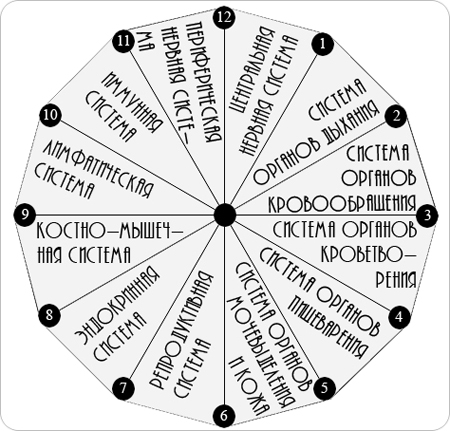
1. Central nervous system - regulation and integration of the vital functions of the body
2. The respiratory system - providing the body with oxygen, which is necessary for all biochemical processes, the release of carbon dioxide
3. The circulatory system - ensuring the transport of nutrients into the cell and its release from waste products
4. The system of hematopoietic organs - ensuring the constancy of the composition of the blood
5. Digestive system - consumption, processing, absorption of nutrients, excretion of waste products
6. Urinary system and skin - excretion of waste products, cleansing the body
7. Reproductive system - reproduction of the body
8. Endocrine system - regulation of the biorhythm of life, basic metabolic processes and maintaining the constancy of the internal environment
9. Musculoskeletal system - providing structure, movement functions
10. Lymphatic system - the implementation of body cleansing and neutralization of foreign agents
11. Immune system - ensuring the protection of the body from harmful and foreign factors
12. Peripheral nervous system - ensuring the flow of processes of excitation and inhibition, conducting commands from the central nervous system to the working organs
The fundamentals of understanding the harmony of life activity, self-regulation in the body, as in a particle of nature, came to us from the ancient Chinese concept of health, according to which everything in nature is polar.
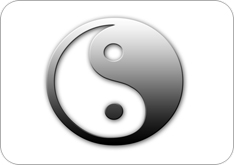
This theory has been confirmed by all further development of human thought:
The magnet has two poles;
- elementary particles can be charged either positively or negatively;
- in nature it is heat and cold, light and darkness;
- in biology - male and female body;
- in philosophy - good and evil, truth and falsehood;
- in geography, these are north and south, mountains and depressions;
- in mathematics - positive and negative values;
- in Eastern medicine - this is the law of yin and yang energies.
Philosophers of our time have called this the law of the unity and interpenetration of opposites. Everything in the world obeys the law "everything in nature is balanced, tends to the norm, to harmony."
So it is in the human body. A prerequisite for the normal functioning of each of the systems of the body (if we consider them separately) is the provision of favorable (optimal) conditions. So, if a person, due to circumstances, has disrupted the work of any one system, it is possible to contribute to the normalization of its functioning only if optimal conditions are created.
The functions of the systems are laid down by nature as self-regulating. Nothing can go up or down indefinitely. Everything must come to an average value.
How can we influence the human body, the functions of its systems?
In many ways, the conditions for the optimal functioning of systems coincide, but in some positions they are individual and inherent in a particular system. The operation of each system depends on the work of other systems and the body as a whole. There are no important and secondary functions in life. All activities are equally important.
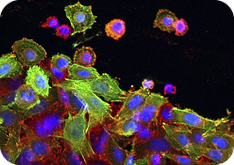
But under certain conditions, the importance of a particular function can increase dramatically. For example, in an epidemic, the immune defense function comes first, and if a person strengthens his immunity in time, this will allow him to avoid the disease. And for good adaptation, a person must clearly understand the functions of systems and master the methods of self-governing them. This means, at the right time, to increase the necessary function.
A person in ideal conditions, with the optimal mode of operation of all twelve systems, as well as in the presence of an optimal sensory, intellectual and spiritual space, would be healthy and live long.
We need to identify priority areas of impact on the body, which depend on living conditions, the nature of work, the level of psycho-emotional stress, heredity, nutrition, etc. The quality of the system directly depends on the conditions in which it is located. Individual conditions also shape the features of optimal functioning.
Each person must have a program of optimal life activity, taking into account the individual characteristics of existence. Only in this case can he create the conditions for a long and happy life.
Based on the materials of the book "System catalog of natural products Coral Club International and Royal Body Care", author O.A. Butakova

